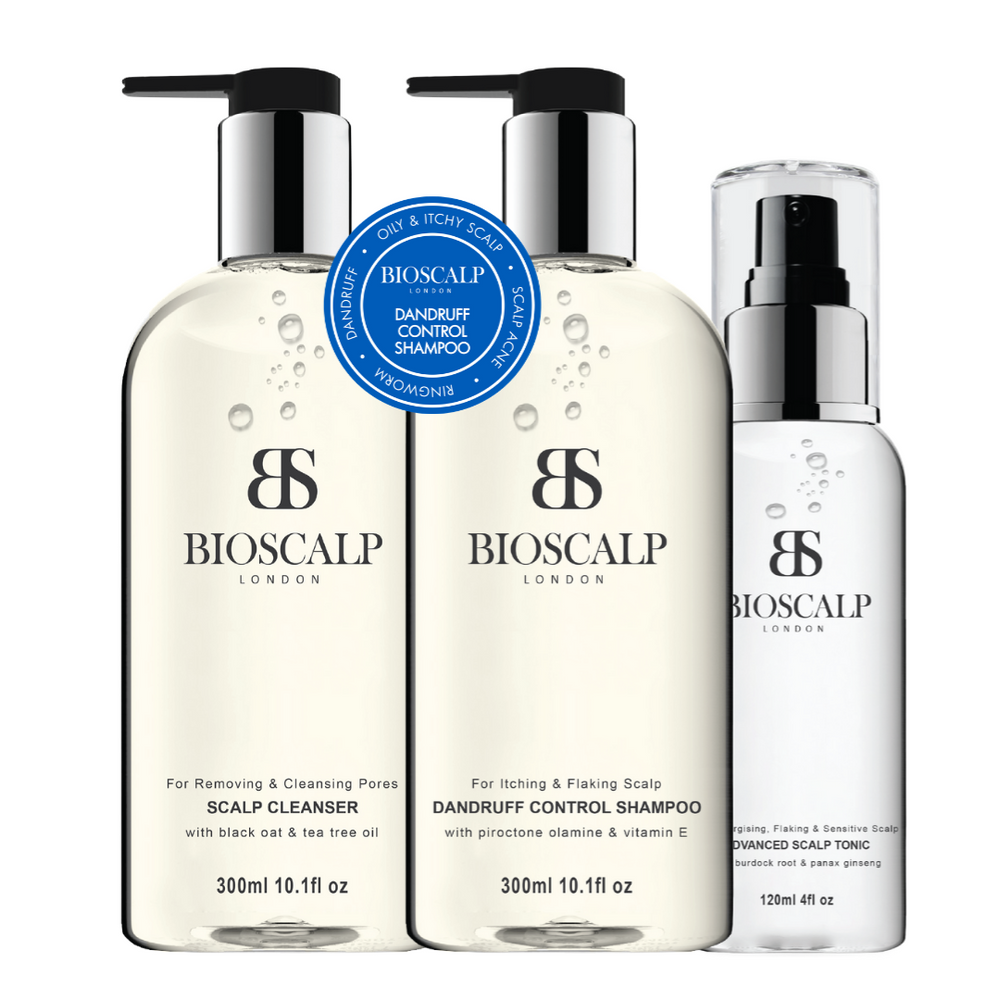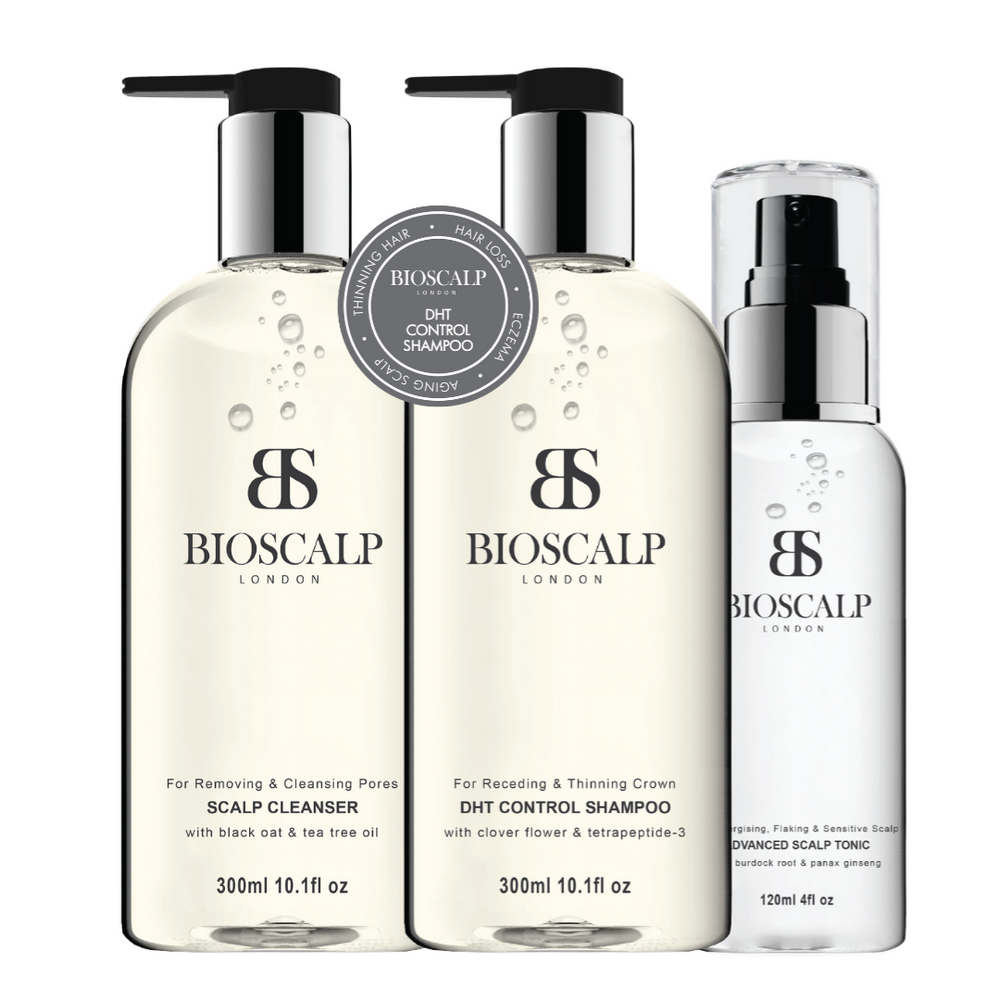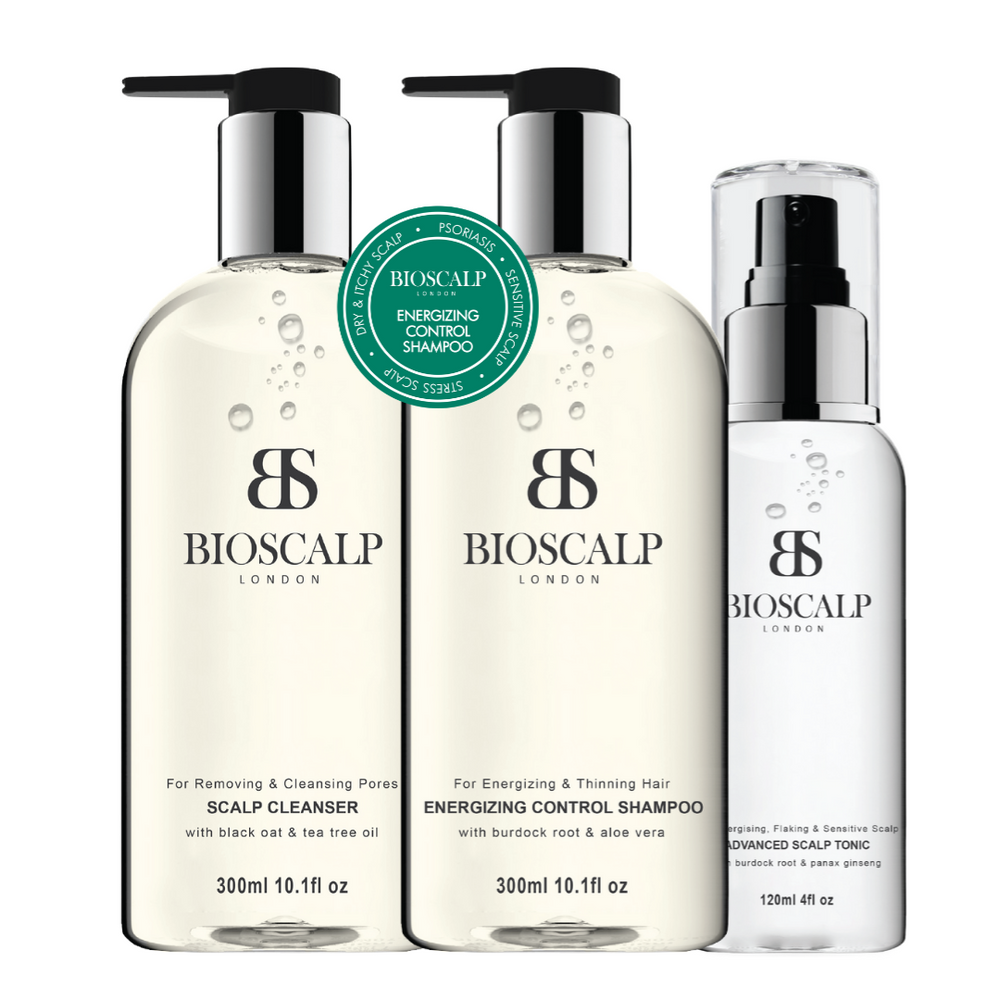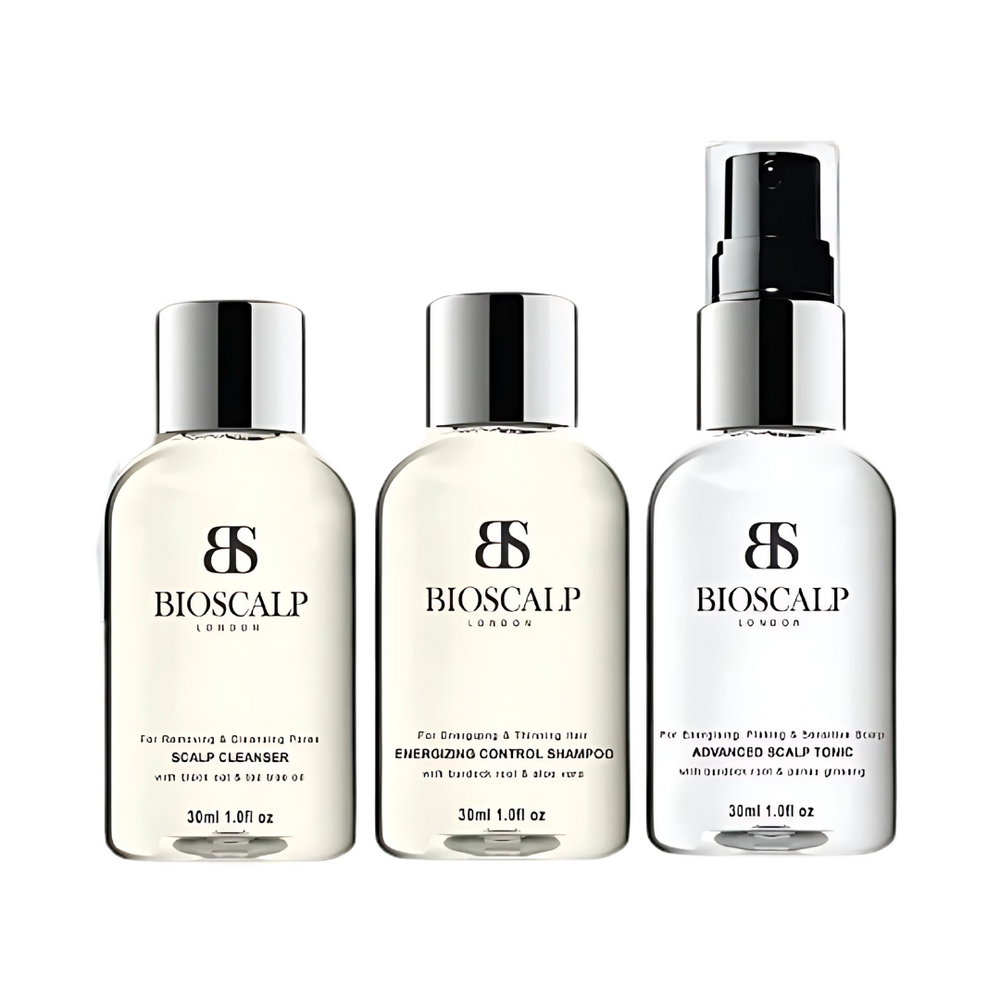The question of whether wearing a cap causes hair loss is one that many people ponder, often fueled by cultural beliefs, anecdotal experiences, or simple curiosity. While it’s a common concern, the truth about the relationship between headwear and hair health is rooted more in science than speculation. Let’s dive into the facts to separate myth from reality and explore how caps might influence hair health.

The Myth vs. Reality of Caps and Hair Loss
One of the most widespread misconceptions is that wearing a cap can directly lead to hair loss. Scientific evidence, however, does not support this claim. Hair loss is primarily caused by factors such as genetics, hormonal changes, medical conditions, and lifestyle habits—not regular cap usage.
The notion that caps might "suffocate" hair or damage follicles has been debunked, as hair follicles receive oxygen and nutrients through blood circulation, not from external sources like the air.
Potential Indirect Effects of Wearing Caps
Although caps themselves do not cause hair loss, certain habits associated with wearing them can have an impact on hair and scalp health:
- Tight Caps: Wearing caps that fit too snugly can create tension on the hair follicles, leading to a condition called traction alopecia. This type of hair loss results from prolonged pulling or pressure on the hair, often seen in individuals who frequently wear tight-fitting headwear.
- Scalp Hygiene: Caps worn for extended periods, particularly in warm or humid conditions, can trap sweat and bacteria on the scalp. This can lead to irritation, dandruff, or even scalp infections, which, if left untreated, might weaken hair health.
-
Material Sensitivity: Some people may experience allergic reactions or irritation from the materials used in caps, especially if the fabric is synthetic or treated with dyes or chemicals. Scalp irritation can contribute to hair breakage or loss if not addressed promptly.
The Protective Side of Caps
It’s not all bad news—caps can also offer protective benefits for your hair and scalp. For those who spend significant time outdoors, caps can shield the scalp from harmful UV rays, reducing the risk of sunburn and long-term damage caused by excessive sun exposure. Additionally, caps can protect hair from environmental pollutants, wind, and debris, which can weaken and damage hair over time.

Expert Opinions on Caps and Hair Loss
Dermatologists generally agree that caps do not inherently cause hair loss, provided they are worn appropriately. Key recommendations include:
- Ensure a Proper Fit: Caps should not be overly tight, as prolonged pressure can stress the hair follicles.
- Choose Breathable Fabrics: Opt for caps made of natural, breathable materials like cotton to reduce scalp overheating and irritation.
-
Keep Caps Clean: Regularly wash your caps to prevent dirt, sweat, and bacteria buildup, which can negatively impact scalp health.
Lifestyle Factors That Influence Hair Loss
While the occasional cap won’t cause hair loss, other lifestyle factors often play a more significant role in hair thinning and shedding. Poor nutrition, chronic stress, smoking, and excessive alcohol consumption can all affect hair health. A balanced diet rich in vitamins and minerals, along with good scalp care practices, has a much greater impact on maintaining healthy hair than wearing a cap.

Conclusion: Mindful Cap Usage for Healthy Hair
So, does wearing a cap cause hair loss? The answer is no—caps themselves are not the culprit. However, certain habits like wearing overly tight caps or neglecting scalp hygiene can indirectly contribute to hair issues. The key to maintaining healthy hair lies in making mindful choices, from selecting well-fitted, breathable caps to following a balanced lifestyle and caring for your scalp.
If you’re experiencing noticeable or sudden hair loss, it’s best to consult a healthcare professional or dermatologist. They can help identify the underlying causes and provide tailored treatments to support hair regrowth and overall health. By understanding the nuances of cap usage and prioritizing scalp care, you can confidently rock your favorite hat without worrying about your hairline.








